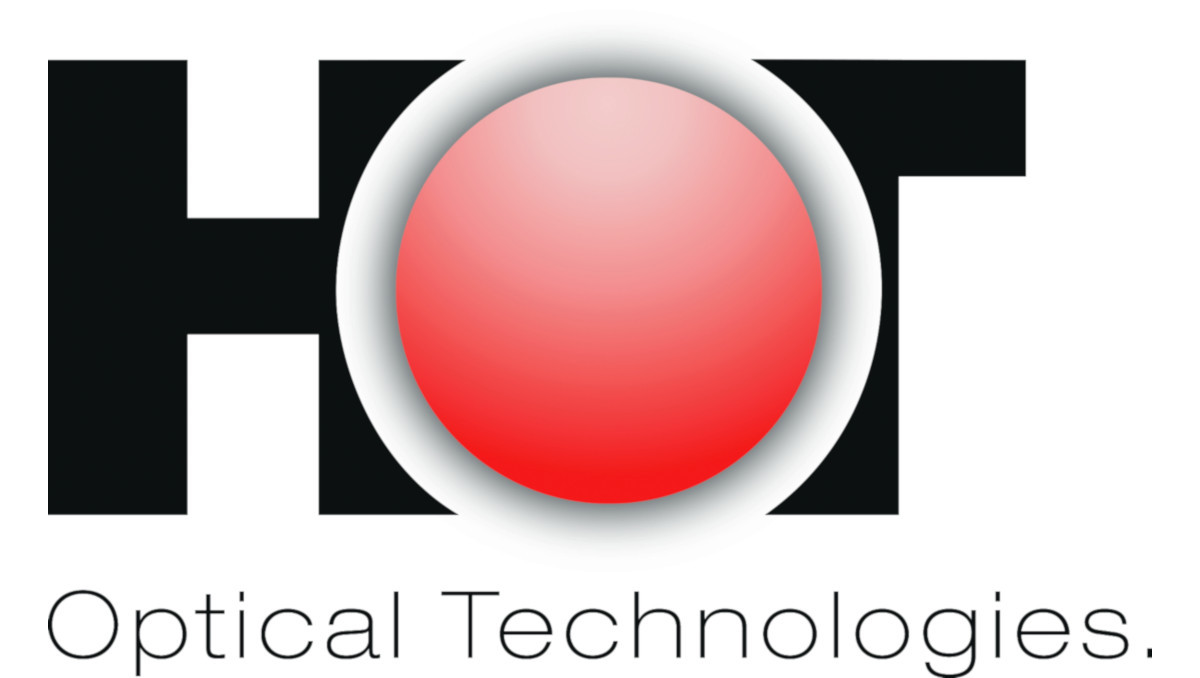Computational Electrodynamics
A Powerful Tool for Nanophotonics and Microscopy
- authored by
- Antonino Calà Lesina, Jarno Van Der Kolk, Pierre Berini, Lora Ramunno
- Abstract
Computational electrodynamics simulations provide a critical complement to experimental investigations for the understanding of light-matter interaction in complex systems. Its success is due in part to its relative simplicity and ease of use, coupled with its broad applicability to many material systems and optical processes. First, we will review our recent work in nanophotonics. While computational electrodynamics has been, and continues to be, very widely used in plasmonics, there are significant issues in convergence and accuracy, which we have studied in detail, and which sometimes point to the need for parallel computing. With access to large computational resources, we are able to study complex arrangements of dielectric and plasmonic objects, including metallic nanoparticle distributions for color production, hybrid dielectric/plasmonic nanoantennas for enhancement of third harmonic generation, and metasurfaces for nonlinear light control and structuring. Second, we will discuss our computational electrodynamics simulations of nonlinear optical microscopy experiments. Our tool includes high numerical aperture light sources, propagation through heterogeneous media, nonlinear near-field interaction, subsequent propagation to the far field, and integration over a collecting lens. We have used this to unravel the image formation mechanisms in nonlinear optical microscopy, such as CARS and SHG microscopy. We find that the images are not a one-to-one density map of the object, but rather that the sub-micrometer to nanometer structure of the object, along with the coherence of parametric nonlinear optical processes, can be imprinted in the image in surprising ways.
- External Organisation(s)
-
University of Ottawa
- Type
- Article
- Journal
- MRS Advances
- Volume
- 3
- Pages
- 753-760
- No. of pages
- 8
- ISSN
- 2059-8521
- Publication date
- 2018
- Publication status
- Published
- Peer reviewed
- Yes
- ASJC Scopus subject areas
- Mechanical Engineering, Mechanics of Materials, Materials Science(all), Condensed Matter Physics
- Electronic version(s)
-
https://doi.org/10.1557/adv.2018.1 (Access:
Closed)
